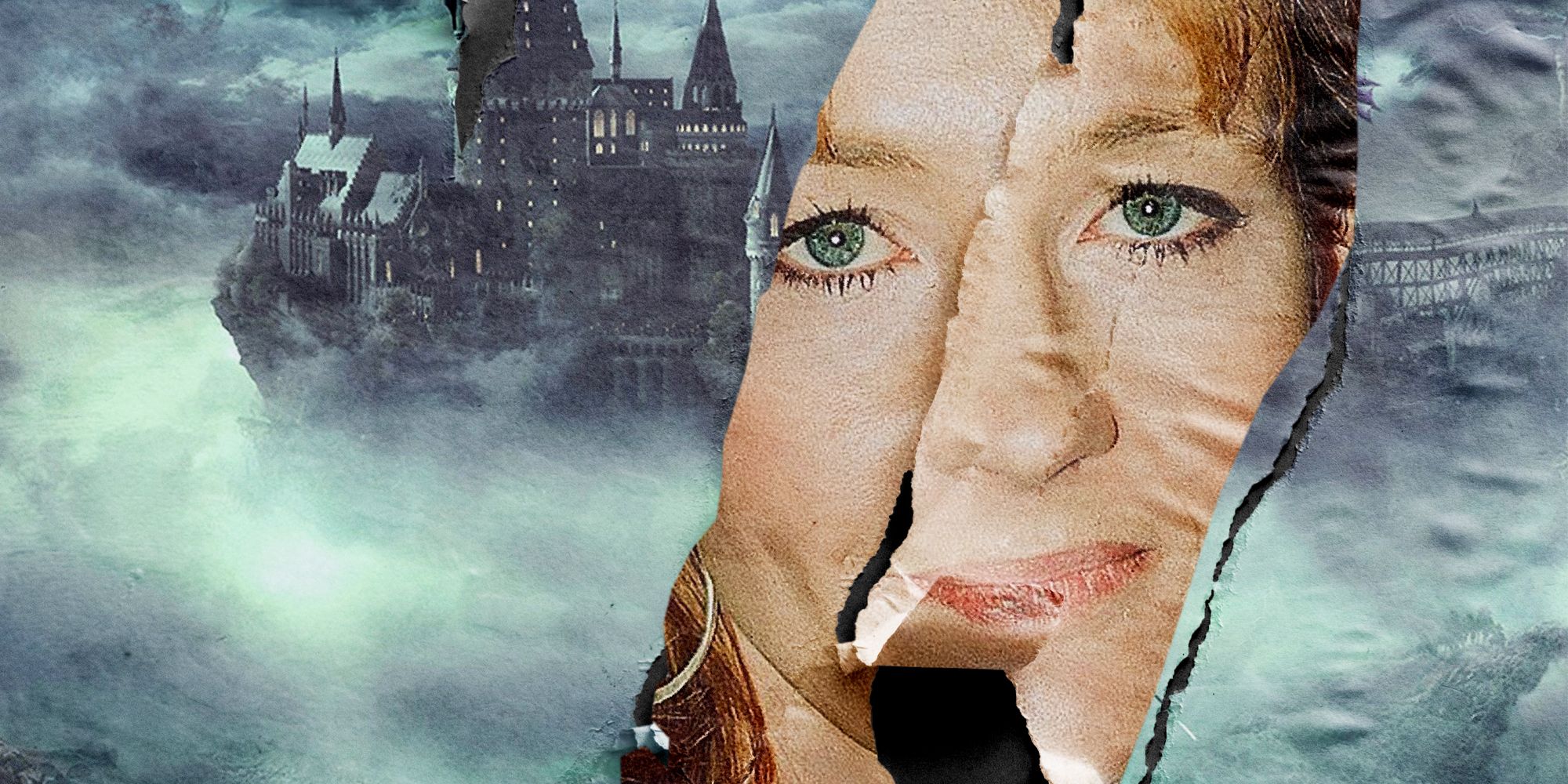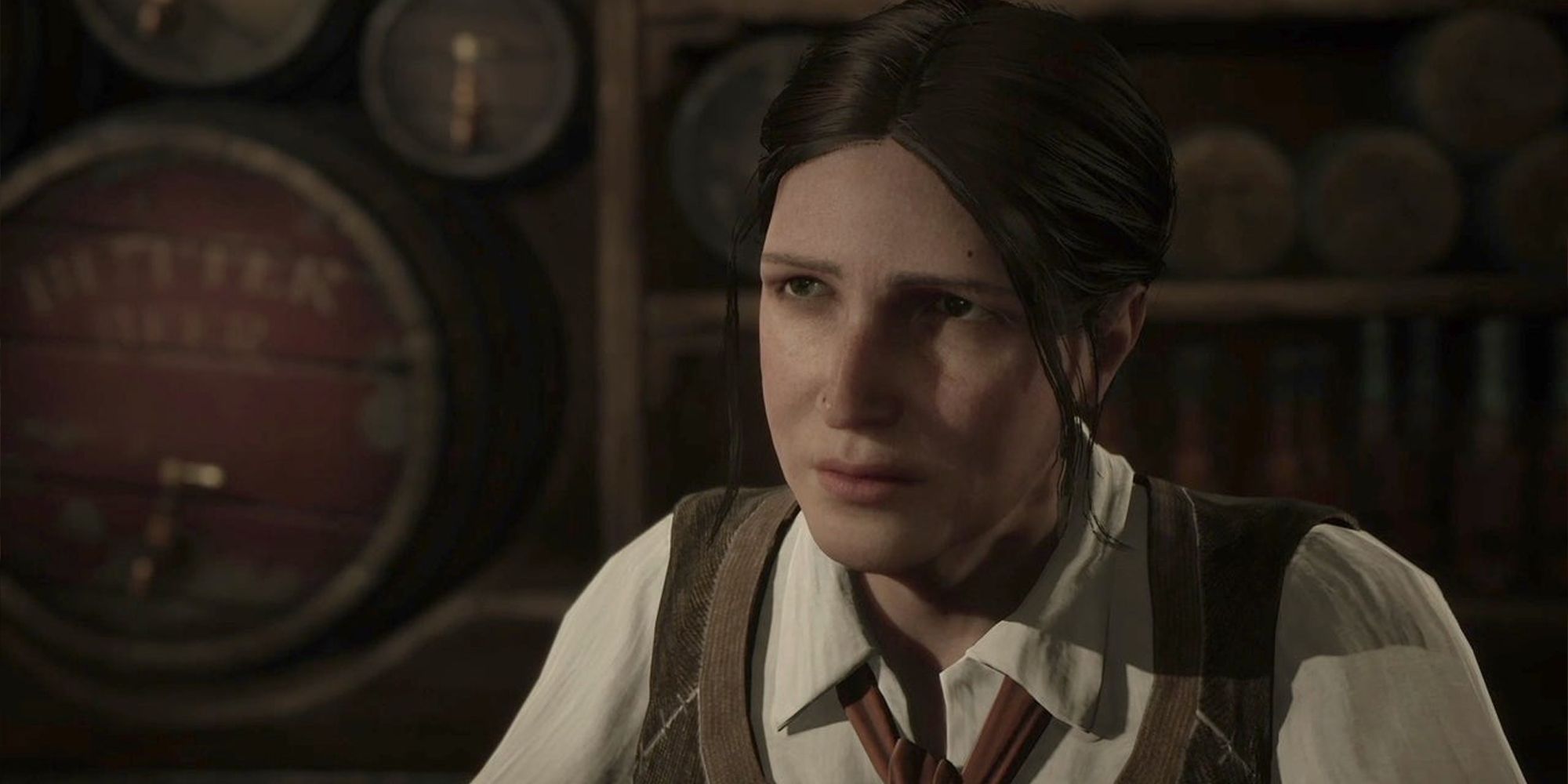Creators retaining ownership and authority over the worlds they create, rather than corporations, is generally a good thing. Disney's corporate ownership of the biggest franchises in the world has been a net negative for the creativity of the work. I love Star Wars: The Force Awakens, The Last Jedi, and Andor, but am mixed to negative on everything else that has emerged since the House of Mouse bought its way into Cloud City. The same goes for Marvel. There have been outliers, but MCU entries have sharply declined in quality as Disney has ratcheted up the quantity.
Though Disney owns Avatar, the franchise is markedly different from the other IP under its ownership because James Cameron is still in control of the series. Cameron has earned the right to complete creative control through sheer box office dominance and Disney would be foolish to give notes to the man who has now directed three of the four highest grossing movies of all time. As a result, we get to see big budget blockbusters that bear their creator's stamp, not the stamp of the factory line.
But as the release of Hogwarts Legacy is illustrating, there can be downsides when creators are still tied up in the work they created. It's true that there were always shitty things in the Harry Potter books: the racism in the names of characters like Cho Chang and Kingsley Shacklebolt; the antisemitism in the characterization of goblins as hook-nosed bankers controlling the finances of the Wizarding World; house elves, as a species, loving being enslaved. There's awful stuff in the source material, and Harry Potter's massive success — and the religious right's obsession with demonizing the series' depictions of witchcraft in the '90s and early '00s — made those flaws too easy to overlook.
If not for J.K. Rowling's hard turn toward transphobia, most of this stuff would have remained at the level of people writing articles about how Harry Potter Is Actually Problematic. You know, the kind of take that someone writes every day on the internet. For a parallel on a similar level of cultural ubiquity, think about the problems with Star Wars. The way the Nemoidians are written is racist as hell. Watto's characterization is extremely antisemitic. And Jar-Jar Binks, despite being played by Black actor Ahmed Best, gives into anti-Black stereotypes.
Despite that, no one is calling on anyone to boycott Star Wars. In part, that's because George Lucas has not made himself the face of efforts to mainstream hate toward a marginalized group. Though insidious ideologies appear in his work, Lucas isn't using his Star Wars money to promote bigotry. Plus, and this is crucial, Lucas doesn't own Star Wars anymore. He cashed out to the tune of $4.1 billion, and though he still makes money from his Disney stock, he doesn't control the future of the franchise.
If Rowling was no longer involved with Harry Potter, the awful shit lurking in the shadows of the Wizarding World would likely get retconned immediately. Creators working in big universes like Star Wars do that all the time. The sequel trilogy was largely an exercise in J.J. Abrams and Rian Johnson rewriting each other's decisions, battling out what Star Wars meant to them, not what it meant to George Lucas.
As a lapsed Harry Potter fan, the series being sold is the only way I could see myself engaging with anything that emerges from it in the future. Until Warner Bros. decides that Rowling isn't worth the hassle and buys the series outright, it will continue to be bound up in her worldview. As long as she continues to be involved, Harry Potter has to remain as regressive as she is.



